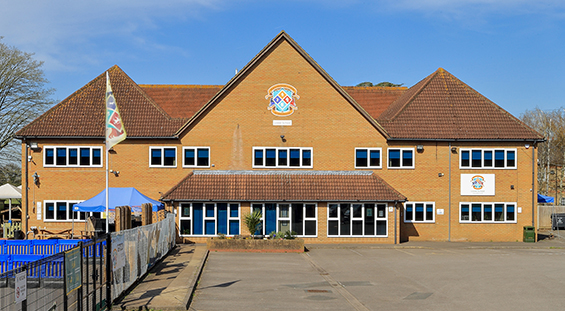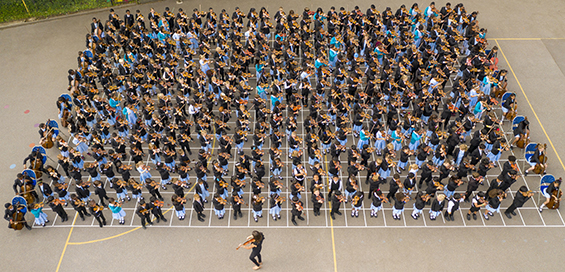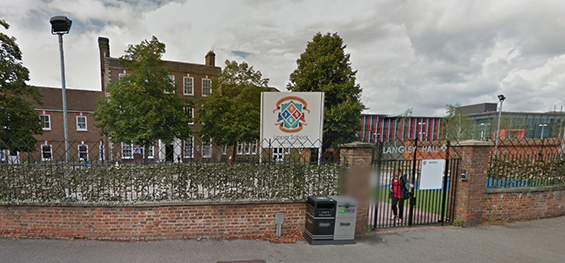Transitions
We believe that the transition to ‘Big School’ from nursery can be a stressful time any child, not to mention for parents and carers too. We make it our priority to ensure that your child is ‘school ready’ and focus on the management of a smooth and happy transition into Reception – a HUGE step for our little learners!

.jpg)
We think it is important (where possible) to:
- Visit the new school during the summer term for a successful transition. For our main feeder school (where on average 80% of our cohort go) we arrange 4 visits so that the children experience a games session, a lunch hall visit, a classroom visit and a playground visit.
- Support transition with photographs if possible
- Develop a good relationship with our local schools
- Create a school role play area for children to play in
- Read books on ‘going to BIG school’ or create social stories as necessary
- Focus on change as something to look forward to!
- Develop children’s independence (self-registration, carrying bags etc)
- Build attention and focus through longer learning inputs and activities
- Support parents and carers by sharing knowledge about school learning: phonics, reading etc
Wellingtons for Langley Hall
Children do not start to learn at the age of four. Indeed, a child is born with just 25% of their potential brain development and by the age of three this has increased to 80%. What happens to a child between the ages of 0 and 3 has a direct impact upon their future life chances and level of intelligence. By the time a child comes to school, soon after their fourth birthday, much of the hard wiring of the brain is in place and although a good school can go a long way to correct a poor start that a child may have had, the effects are limited. It is important therefore that children have the very best head start to their educations. This makes the experiences and learning that take place before a child reaches the age of four absolutely crucial to their future potential.
For all these reasons, Langley Hall has chosen to work in partnership with Wellingtons for Langley Hall to provide children with high quality care and education in the years before their transfer to their primary schools. Over 80% of the children attending Langley Hall have also attending Wellingtons for Langley Hall during their pre-school years. They have a similar ethos and vision which makes the transition to school a seamless experience. Children from wellingtons are usually classed together at Langley Hall so that the friendships started at the nursery can continue. In the year prior to their transfer to school children at wellingtons follow a similar curriculum is that offered at the school so that they are adequately prepared for all of the fresh challenges that will encounter in school.
The Langley Hall Primary Academy website clearly sets out how the school allocates places. The UK admissions code does not allow any schools to give priority places to children from a specific nursery, but Wellingtons for Langley Hall is sited in the schools over subscription criteria with regard to offering priority places to children who are identified as being in receipt of pupil premium funding.


What some parents who sent their children to Langley Hall after being at Wellingtons Nursery have said
“My child settled into school brilliantly from day one. As the reception class teachers had been visit the nursery and the children have been to visit the school my child felt very well prepared for the move"
“The school and nursery work closely together and use similar resources so that my child could continue their learning in a familiar way. Expectations for behaviour were similar at both establishments which greatly assisted the settling in process”
“My child’s learning journey, which was started at the nursery, was passed onto the staff at the school. This Meant that the teachers were aware of my child’s special needs before the term started. This was very reassuring and meant that we could build on work the nursery staff have begun”